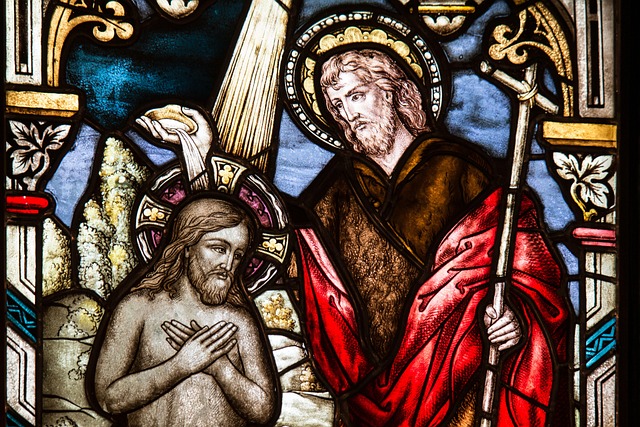In the vibrant tapestry of religious practices, the profound significance of sacrament invocation stands as a cornerstone, offering a gateway to the divine. Across various faiths, the act of invoking sacred blessings transforms simple rituals into powerful spiritual experiences. These invocations serve as an invitation for the divine presence, creating a sacred space where believers can connect deeply with their faith.
At its essence, sacrament invocation is about more than just words; it is a heartfelt expression of devotion. When a community gathers to partake in rituals, whether it’s the Eucharist in Christianity, the Havan in Hinduism, or the Qurbani in Islam, they engage in a careful weaving of tradition and spirituality. Each invocation is steeped in history, layered with meaning, and carries the weight of ancestral practice. It is this invocation that breathes life into the ceremony, turning a mundane gathering into a sacred communion.
Consider the experience of participating in a Eucharistic celebration. As the priest lifts the elements, he invokes the Holy Spirit, calling down divine grace. In this moment, the entire congregation is united in purpose, their hearts aligned with the essence of love and sacrifice. This shared invocation cultivates a sense of belonging, reminding participants that they are part of something greater than themselves—a community of believers bound by faith.
The emotional climate during these rituals is undeniably electric. Participants often describe feelings of transcendence, warmth, and a profound sense of peace as they partake in the sacraments. This is the transformative power of sacrament invocation at work. It is a reminder that, in these moments, earthly concerns fade away, and the sacred can be experienced in its purest form. Rituals create an opportunity to pause, reflect, and invoke the divine, allowing individuals to re-center their lives amidst the chaos of daily existence.
However, the power of sacrament invocation is not limited to the community alone. Personal sacraments, often observed in private prayer or meditation, also serve as essential pathways to the divine. Individuals can invoke blessings in their own quiet spaces, creating sacred moments that fuel their spiritual journeys. Each prayer becomes an act of devotion, a moment to reach out for divine guidance and connection. The intimate act of personal invocation fosters an environment ripe for reflection, self-discovery, and emotional release.
Moreover, the ritualistic aspect of sacrament invocation can be both grounding and liberating. Through repetition, believers find stability in their faith practices, while the authenticity of their invocations opens them up to new dimensions of understanding and spirituality. This duality provides a powerful tool for emotional healing and growth, allowing individuals to process their grief, joy, and aspirations within the framework of their religious beliefs.
Sacrament invocation also serves as a bridge for interfaith dialogue; when different religions engage in sharing their sacramental practices, a rich tapestry of unity emerges. It highlights not only the diversity of beliefs but also the universal yearning for connection with the divine. As followers of various faiths respect and appreciate each other’s sacrament invocations, they foster greater understanding and compassion within their communities.
In an age where many seek meaning and solace in the hustle and bustle of life, the timeless practice of sacrament invocation offers a beacon of hope. It serves to remind us that within every ritual, whether communal or solitary, lies an opportunity for profound connection—both with the divine and with each other. Engaging in these sacred moments encourages spiritual growth, nurtures community, and ultimately leads to a deeper understanding of life’s mysteries.




